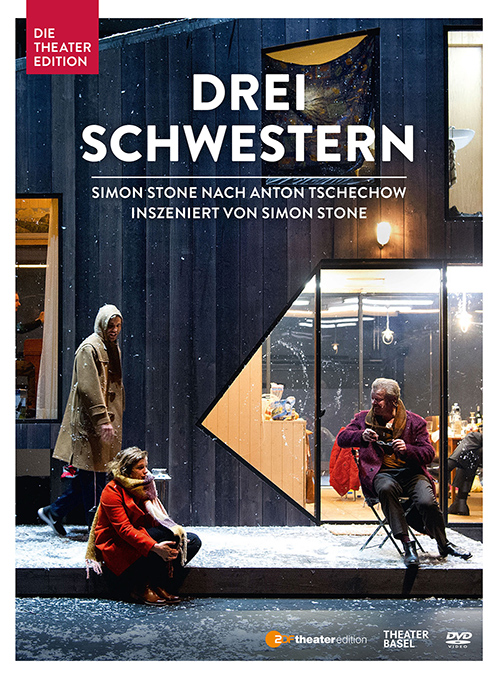In addition to its own wide-reaching monthly new releases (see www.naxos.com/newreleases.asp), Naxos also distributes several leading labels in many countries around the world. Here is a choice selection of recent releases from some of these distributed labels.
ARC Music, the 2021 WOMEX Top 2 Independent Label of the Year, is a leading record label and publisher in the field of world and folk music. Established in 1976, ARC Music’s goal is to preserve the ethnic music of world cultures and to spread traditional and original music with a positive message. The label now offers the largest selection of traditional and contemporary ethnic music from all corners of the world. Their unrivalled repertoire comprises many hundreds of albums from over 120 countries and cultures.
Khöömei Beat depicts the musical treasures of the label. The group tops the January 2022 Transglobal World Music Chart and Top 2 in the World Music Charts Europe. They layer traditional and modern instruments with distinctive vocals to create powerful arrangements with contemporary rhythms and electronic sounds.
Vigüela showcases various regional styles within traditional Spanish music, all originating from their homeland Castilla-La Mancha, the southern part of the Iberian plateau. Their ninth album A la manera artesana focuses on how ‘artisanal creativity’ differs from the globalisation of ‘handicraft culture’ which has become more about following templates and repetition, rather than unique original craftsmanship. According to the band’s founder, Juan Antonio, the style is more important than the repertoire – ‘Repertoire you can learn, but it’s the local style that makes it authentic.’
Carl Philipp Emanuel Bach thought highly of the art of his father, Johann Sebastian. However, this did not prevent him from pursuing his own path. Even when Carl Philipp Emanuel made himself a candidate for the position of Thomaskantor as Johann Sebastian’s successor, he did not reverently demonstrate his artistic ties to his father. Instead, he accentuated his compositional independence in one of his first choral works and confidently presented himself with a Magnificat. In Leipzig, this would inevitably subject him to direct comparison with his father, who, at the age of 38, as the newly appointed Thomaskantor, had also presented a Magnificat as his first major work on July 2, 1723. To this day, Carl Philipp Emanuel’s Magnificat is measured against that of his father.
While there are many recordings of piano works by Antonín Dvořák, there are still some compositions that have never been released. ArcoDiva now gladly presents this new unique album of world premiere recordings of these unknown piano pieces by Dvořák. All of the compositions are played by Tomáš Víšek, one of the most significant Czech pianists of his generation. A leading expert on Dvořák’s piano works, he obtained his PhD title at the Pedagogical Faculty of the Charles University in Prague in 2017 with a dissertation entitled Attraction and Problems of Antonín Dvořák’s Piano Works.
Dmitri Shostakovich himself claimed that his life was ‘rather grey and colourless’. In reality, his was the most exciting composer’s life of the 20th century. Revolution and civil war, Stalin’s murderous terror, then the Second World War, the ‘thaw’ under Khrushchev and finally Brezhnev’s brutalist socialism: the whole tragic history of the Soviet Union runs like a thread through his work. As a functionary who seemed to be loyal to the party line, he played along – but his music spoke against the regime and in favour of its victims and of the freedom of art. ‘This is a game that can end badly,’ Stalin threatened, probably in person. Shostakovich was thus obliged to fight his own fears as well. He was playing a double game – and knew it was dangerous.
‘Kapustin uses jazz as his musical language and then composes quasi-improvisations that sound as though they stemmed right from Oscar Peterson’s or Erroll Garner’s fingers. He is one of the few who were able to have the strictures of composition and liberty of improvisation come together to such an organic whole.’ – Frank Dupree
Following his first successful release featuring the Fourth Piano Concerto and the Concerto for Violin, Piano and Strings by the Russian composer Nikolai Kapustin (Capriccio C5437), Frank Dupree presents a selection of the little-known master’s works for solo piano, performed as originally written, while bassist Jakob Krupp and drummer Obi Jenne improvise around him. There is surely no better example of jazz poured so expertly into a classical mould.
Svin has been at the forefront of progressive Danish music for a decade, as both a lauded pioneer and a well-guarded secret. The ten movements of Elegi build from a base of reflective melancholy to one of high energy, combining the ambient drones familiar from some of Svin’s previous albums with junkyard percussion, ritualistic fervour, and a sure sense of Zen. It is composed music with the impulses of a tight, reactive improvisation and with a vast range of timbres and textures, acoustic and electronic.
As one of the most significant Late Renaissance composers in the German-speaking world, Hans Leo Hassler represented a perfect implementation and continued development of various forms of vocal music, from secular madrigals and canzonettas through to sacred motets, masses, and much more. The present collection comprises a selection of some of his better-known, as well as some less frequently heard, sacred works, including Dixit Maria, Beata es virgo Maria, Litaniae Lauretanae Beatae Mariae Virginis, and Magnificat octavi toni. In his Missa octo vocum, the mass for eight-part double choir, Hassler follows the sequence of the Catholic Mass with its six parts that comprise its ordinary: Kyrie, Gloria, Credo, Sanctus, Benedictus, and Agnus Dei.
On Saturday 6 October 2018 at the Philharmonie de Paris, Nicolas Horvath sat down to perform Erik Satie’s complete works for piano without a break. The event was captured in this fascinating film by acclaimed director Thierry Villeneuve and features selections from Horvath’s marathon eight-hour performance, filmed in black and white. This immersive visual experience sees Satie’s mysterious and timeless music brought to life in a dreamlike conflation of past and present in front of a captivated audience.
Hans Werner Henze was initially an avant-garde composer but Nachtstücke und Arien symbolised his departure from dodecaphonic writing, to the annoyance of his contemporaries Boulez, Nono and Stockhausen at Darmstadt. With this new direction, Henze’s music became highly rhapsodic, as heard in the challenging but lyrical solo cello that suggests the intimate texts of the Englische Liebeslieder. Referring to Goya, Los Caprichos captures the strangeness of this artist’s visions with long-breathed melodic lines and fleeting changes of texture, from military-sounding bustle to moments of profound stillness.
In Moscow an unknown author approaches a publisher (the narrator), asking him to read and publish his manuscript. The narrator agrees to read it before the author returns three months later. At the heart of the story in the manuscript is a love triangle and themes of corruption, concealed love and fatal jealousy. When one of the central characters is discovered dead, the narrative becomes a murder-mystery as the search for the culprit begins.
‘Written by Chekhov in his early twenties, The Shooting Party is his only full-length novel. Here it is read by the prolific and popular narrator Nicholas Boulton.’ – Gramophone
William Byrd’s output is particularly notable for the variety of its genres and structural principles. This is particularly evident in his unique keyboard music. The influence that Byrd also had on the development of continental keyboard music remains remarkable. Friederike Chylek follows up on her recent albums – From Byrd to Byrd (OC1702) and Time stands still (OC1864) – by performing Byrd's music on a copy of a 1624 Ioannes Ruckers harpsichord by Matthias Griewisch.
For keen fans of music within the Baltic states, Algirdas Martinaitis is quite known for his works dancing between serene beauty and sincerity before collapsing into an almost sarcastic nihilism, a style which he describes as ‘new animality’. This album presents Martinaitis’ works for string orchestra from his early breakthrough work Birds of Eden (1981) to a recent Valse triste (2020), giving a comprehensive vision of this composer. This programme is performed by Lithuanian musicians of the St. Christopher Chamber Orchestra conducted by Modestas Barkauskas and featuring violinist Rūta Lipinaitytė and soprano Asta Krikščiūnaitė.
Saxophone, bass and drums is a format that promotes an open and creative sound. The lack of chord instruments opens a harmonic door that gives improvisers more freedom to shape their music. However, it’s a freedom that also demands greater responsibility and attentiveness from all.
Trio Circle consists of three strong players that embrace this freedom and make the best of it, drawing us into a detailed and varied sonic world, where the music takes shape in the moment. Their album is a wide-ranging journey from the band’s own Prelude through Billy Strayhorn’s U.M.M.G and Rolf Ericson’s beautiful Evelyn to Ornette Coleman’s Broadway Blues; along the way, we are immersed in 10 diverse songs, each one explored rhythmically, melodically and harmonically.
Ruperto Chapi’s String Quartet No. 3 could well be subtitled Tragic Quartet. Here’s a work of a stormy nature, containing atmospheres of drama, anguish and loneliness. Out of the four quartets written by the composer, this is perhaps the one that has the least Spanish features.
String Quartet No. 4 in B Minor was premiered by the Cuarteto Francés on February 22nd, 1907, and was dedicated by the composer to his dear friend and disciple Manuel Manrique de Lara. That evening’s printed programme mentioned that ‘Chapi continues with the aesthetic tendency shown on his previous quartets. Without resorting to specific popular forms, the composer manages to give his work a genuinely national character, picturesque and free, dressing his own thoughts with rhythms and procedures of natural and traditional harmonies.
When buried masterpieces are rediscovered, they are often quickly forgotten again. However, Bruno Maderna’s Requiem unearthed sixty years after its disappearance, may well withstand the test of time and quite successfully. After many years of having only detailed yet frustrating information about the Requiem – an autograph fragment of the score, consisting of sixteen pages in fair condition that included an introductory note, from which it was possible to infer the overall structure of the work and a few other details – Stradivarius proudly presents the world premiere recording of the historical concert of this masterpiece at the Teatro La Fenice conducted by Andrea Molino.
Robert Schumann’s four symphonies represent the highs and lows of the composer’s life unlike any other of his works. They were composed between 1840 (shortly after his marriage to Clara Schumann) and 1853 (at which point his mental health problems were becoming apparent). They were a leap into the unknown for the young composer, at least as far as the first symphony is concerned; previously he had focused on piano and Lied repertoire. In the following years, Schumann’s life was a series of short, carefree episodes that alternated with considerably longer periods marked by pressing worries – recognition often gave way to criticism and rejection. These were the composer’s personal circumstances when writing the four symphonies.
The London harpist Rosanna Rolton, winner of the International Competition Suoni d’Arpa in 2014, demonstrates her skills in a programme completely dedicated to the Italian harpsichordists of the eighteenth century. The harp, which had always been used for accompanying songs, in the eighteenth century routinely shared its repertoire with the harpsichord, the organ and the fortepiano. Rolton has drawn the music in this album from the master harpsichordists of the Neapolitan and Venetian schools, including Domenico Scarlatti, Baldassare Galuppi, Pietro Domenico Paradies, Domenico Cimarosa, and Giovanni Battista Pescetti.
The Snow Queen is Hans Abrahamsen’s first opera, composed to a self-penned libretto, based on Hans Christian Andersen’s eponymous fairy tale. Following an in-depth study of the topic of snow and a life-long obsession with Andersen’s fairy tales, Abrahamsen composed the opera between 2014 and 2018. Hans Abrahamsen’s music, with its smooth transitions and subtly modified repeats, lends the lyrics both depth and lightness. Barbara Hannigan joins a top-class ensemble of singers, including Peter Rose, Katarinya Dalayman and Rachael Wilson. Cornelius Meister, currently general music director at the Staatsoper Stuttgart, conducts the Bavarian State Orchestra. Director Andreas Kriegenburg’s production of The Snow Queen is a touching story by adults, for an adult audience, offering a journey into the innermost regions of the human soul. Recorded during the premiere run in the presence of the composer and in close collaboration with him, this release captures an important work of new musical theatre.
In his Parisian living room, music critic André Tubeuf (1930–2021) tells, with his knowledge, his language and his memory, the story of the German Lied. From Mozart and Beethoven to Mahler and Strauss, through Schubert, Schumann, Brahms and Wolf, a major part of the European culture and of music history is reborn before our eyes and ears.
Star violinist David Garrett celebrates his ten-year spectacular crossover program with thousands of fans in the extraordinary atmosphere of the Arena di Verona, Italy. Performing his greatest hits of brilliant interpretations of rock classics like We Are the Champions or Smells like Teen Spirit and world-famous pop songs like Viva La Vida or Hey Jude and his arrangements of classical melodies like Beethoven’s 5th Symphony, David Garrett left a thrilled audience in the Arena. Praised for pioneering the modern crossover trend as well as his exceptionally virtuous playing, David Garrett is equally at home at performing the most intricate classical compositions with the world’s leading conductors and orchestras as well as the most crowd-pleasing stadium rock hits.
Rigoletto is regarded as the first operatic masterpiece of Verdi’s mature artistic period. Its complex psychology identifies characters with different styles of music, and with an incredible variety of accents for a central figure conceived by the composer as ‘deformed and laughable, but actually passionate and full of love’. From the famous aria La donna è mobile, to the final horrific tragedy as the curse unfolds, the triumphant success of Rigoletto since its premiere in 1851 has endured to the present day.
Beethoven’s only opera is a masterpiece, an uplifting story of risk and triumph. In this new production, conducted by Antonio Pappano, David Butt Philip plays the political prisoner Florestan, and Lise Davidsen his wife Leonore (disguised as Fidelio) who daringly sets out to rescue him. Set in strong counterpoint are the ingredients of domestic intrigue, determined love and the cruelty of an oppressive regime. Tobias Kratzer’s new staging brings together the dark reality of the French Revolutionary ‘Terror’ and our own time to illuminate Fidelio’s inspiring message of shared humanity.
Director and author Simon Stone rewrote, updated and questioned Chekhov’s famous drama for the present day: with brilliant dialogue, subtle characterisation and the ambivalent figures which these so reliably generate. Avoiding pathos, spectacle and heroism, Chekhov maintains a masterful balance between melancholy and joie de vivre. Premiered 1901 at the Moscow Arts Theatre, it is a play about the every day, about desire and failure.

This month, the label is offering superb samplers of music celebrating various cultures – hip-swinging street dance from Mozambique, catchy & contemporary music from the Basque region, lulling songs from Lebanon, foot-stomping Flamenco from Spain, soothing a cappella from South Africa, oriental dance from Turkey, relaxing instrumentals from China, fiery accordion from France, and mesmerizing percussion from Egypt.
*Offer available until February 10, 2022 only.
Make sure you subscribe to receive the Naxos newsletters and watch out for the next offer.

































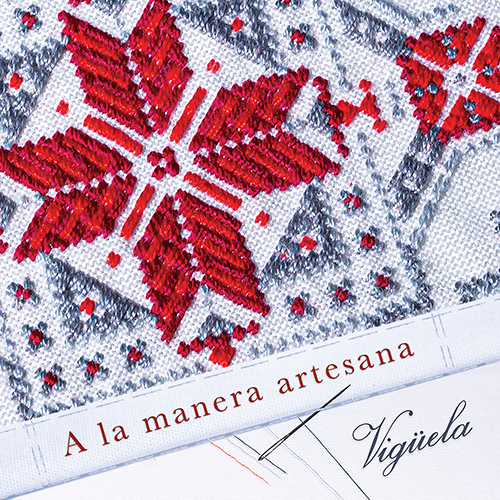
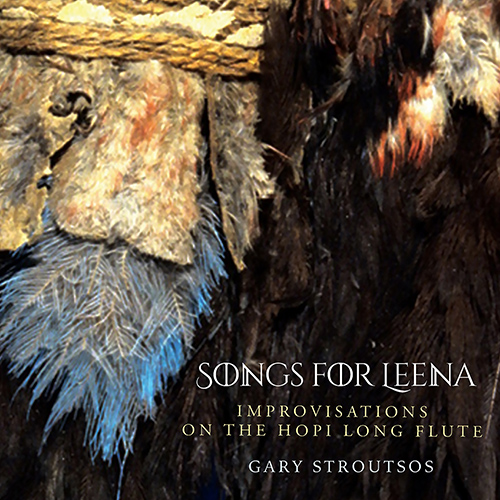
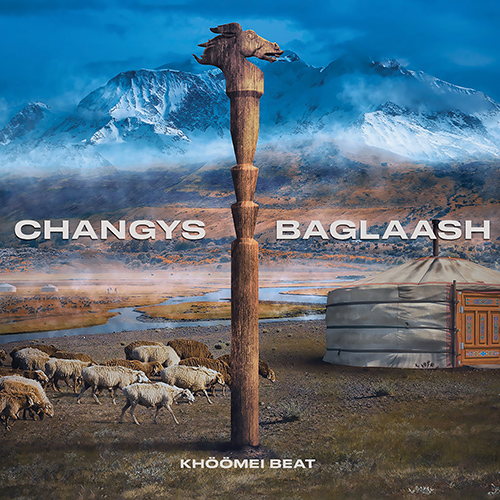
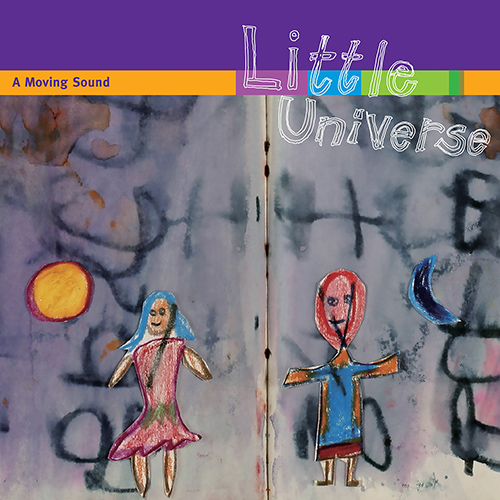
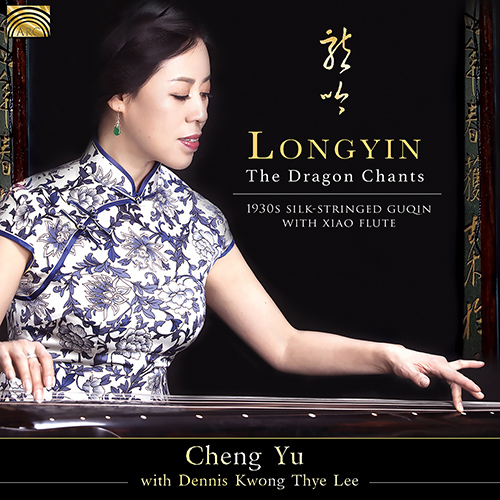
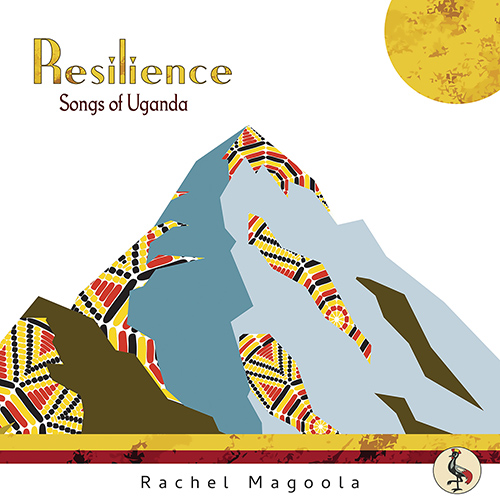
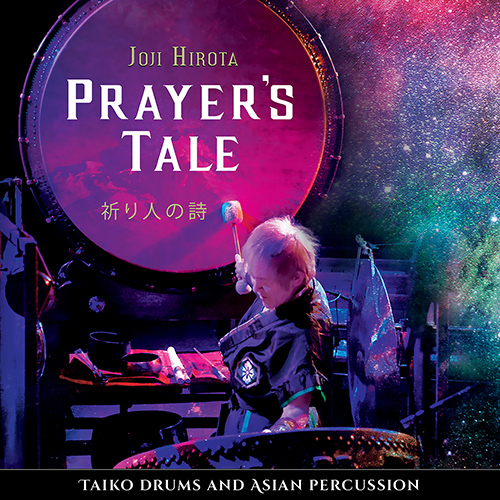
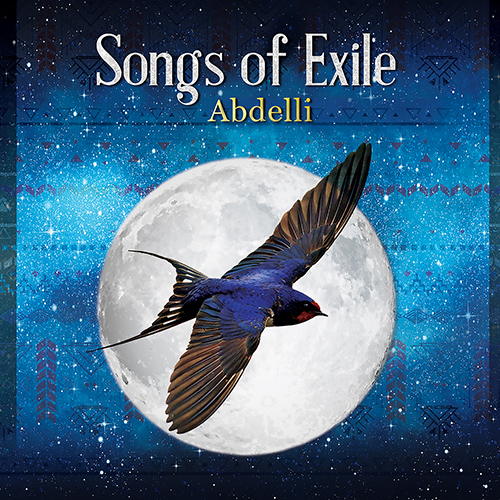
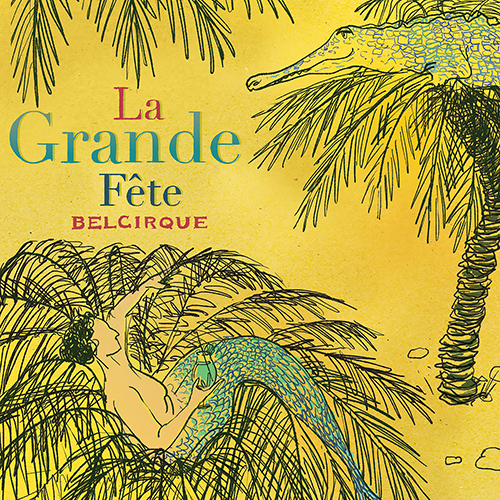
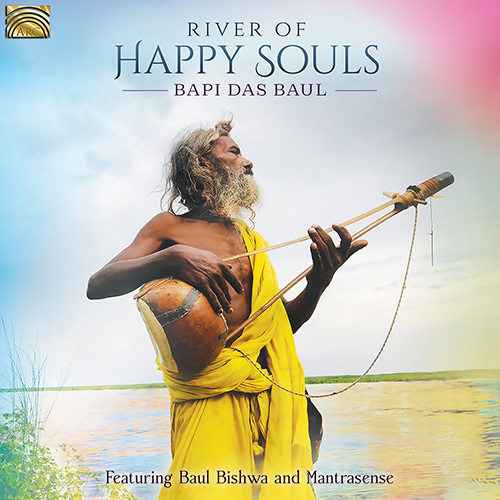
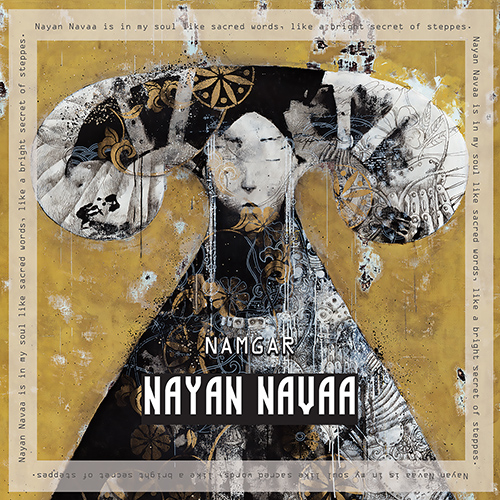
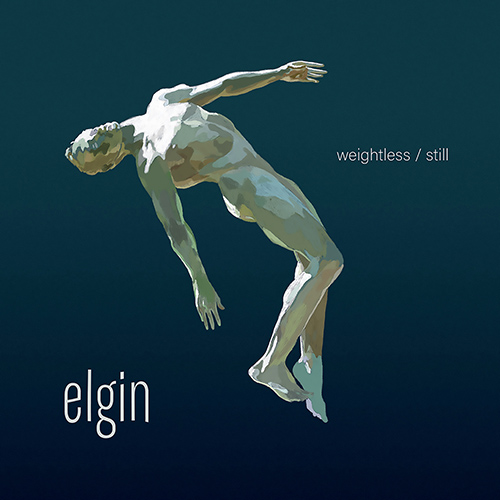
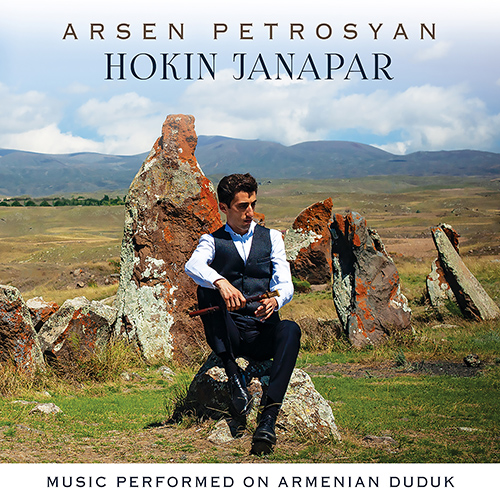
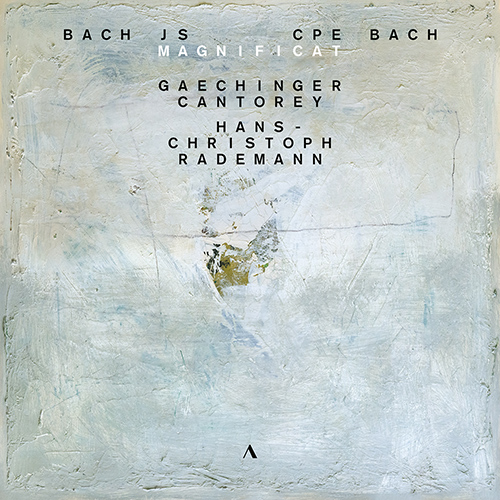
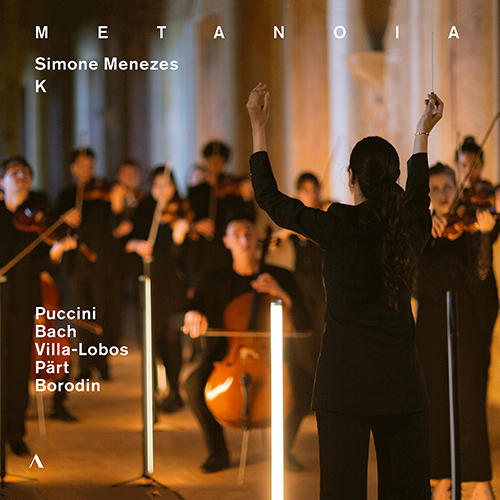
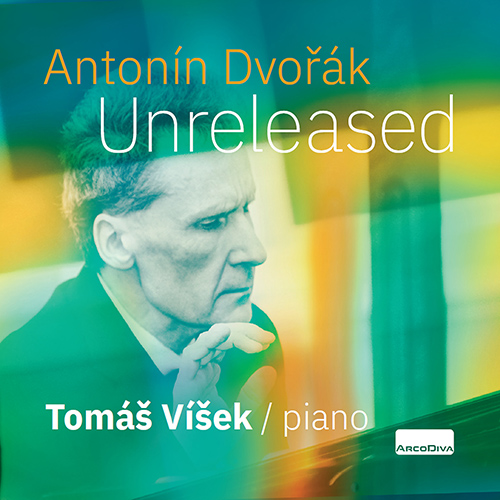
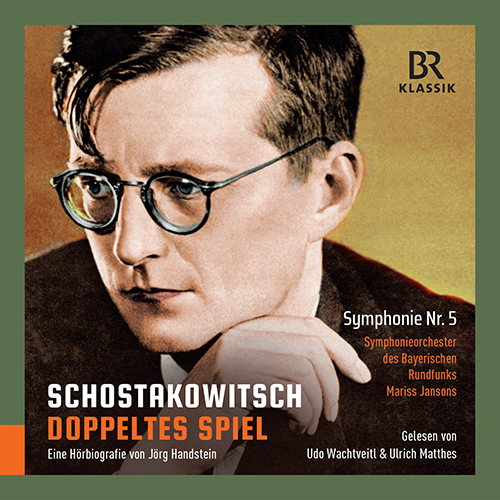
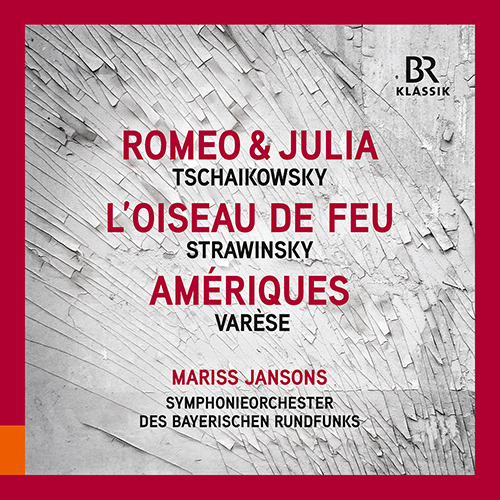
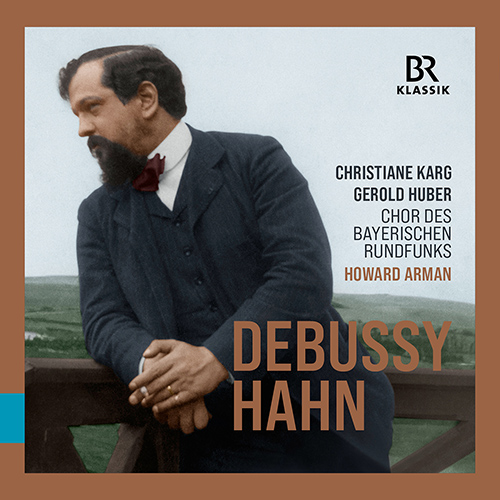
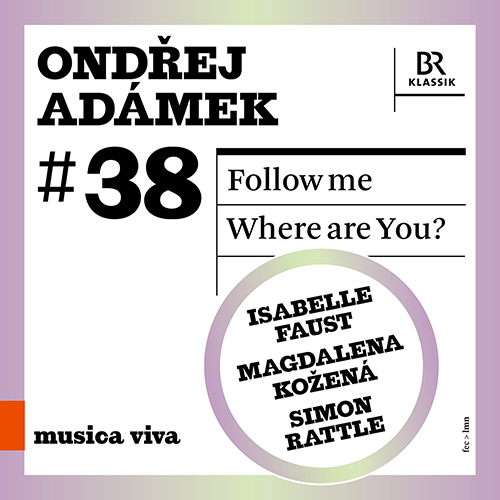
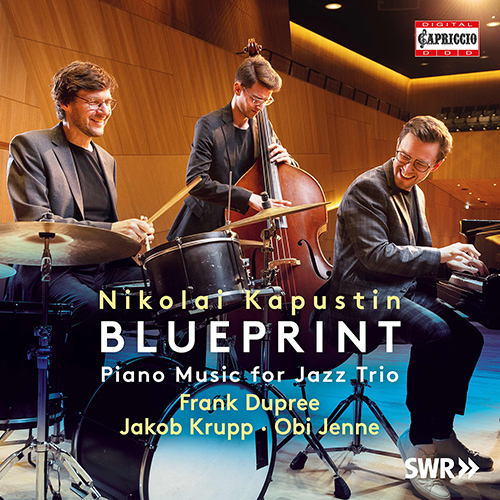
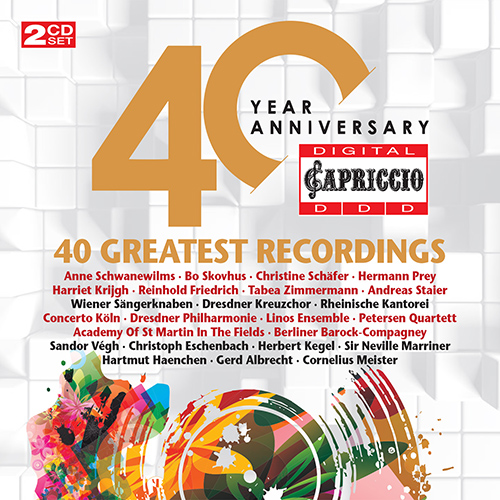
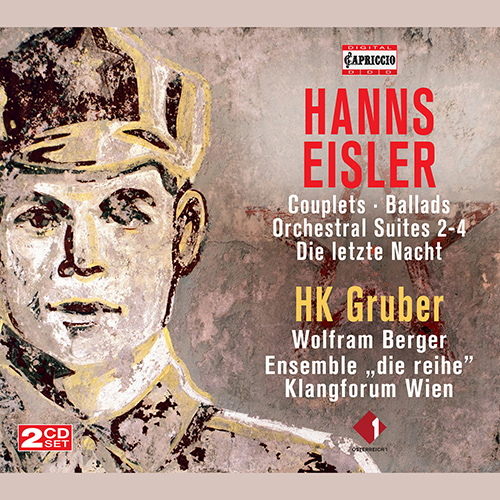
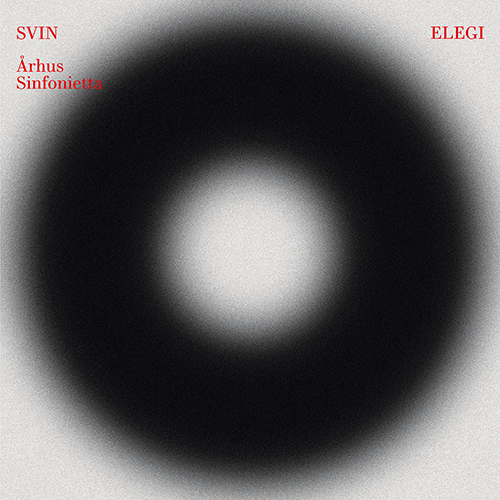
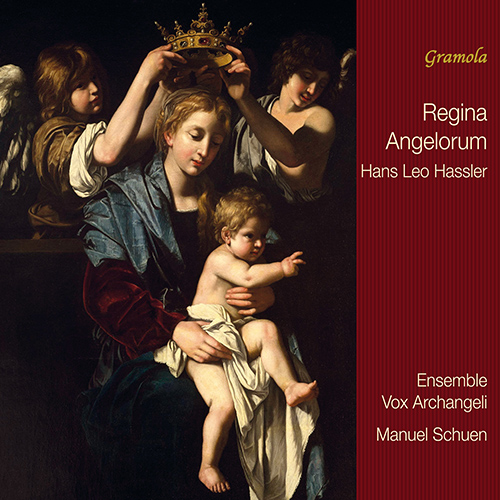
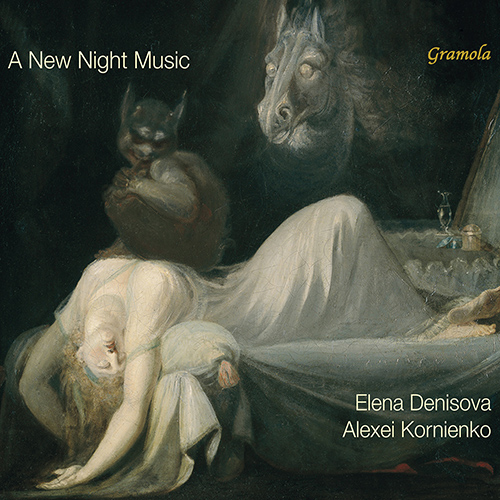
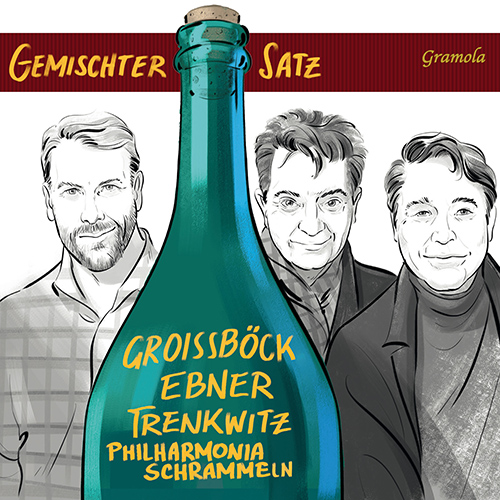
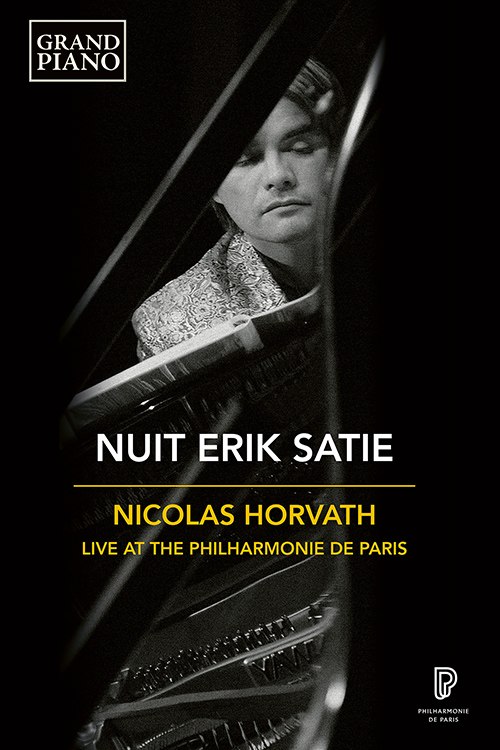
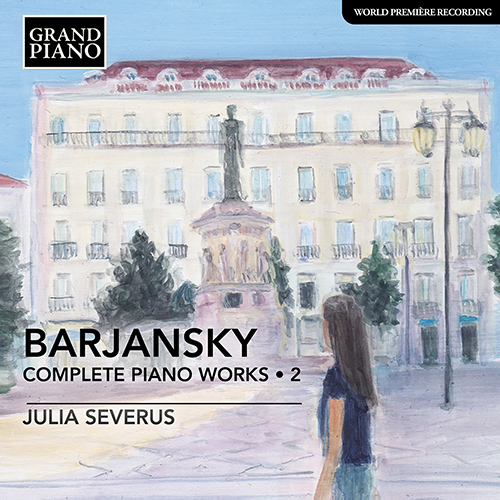
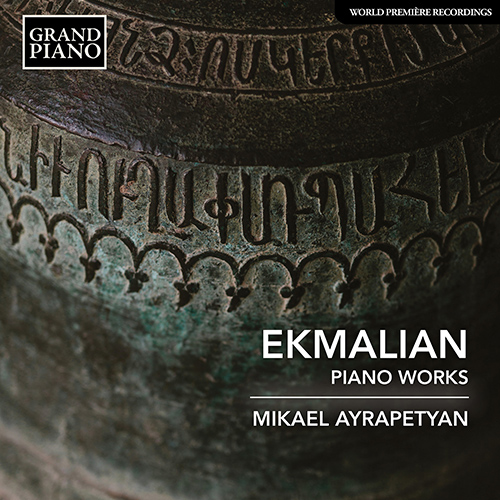
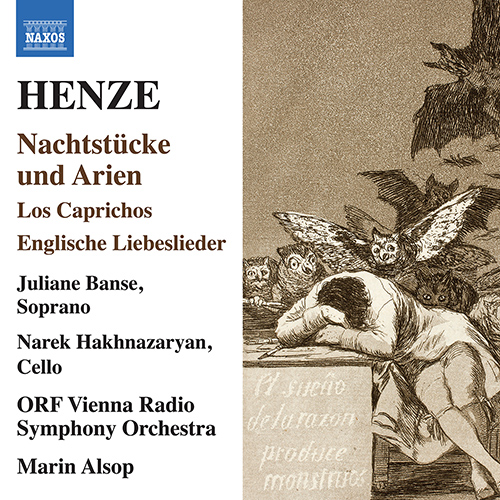
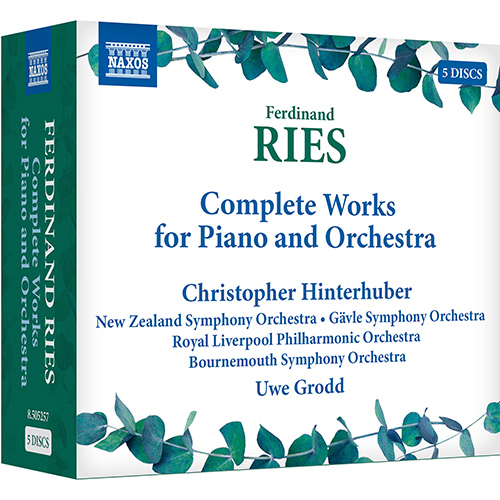
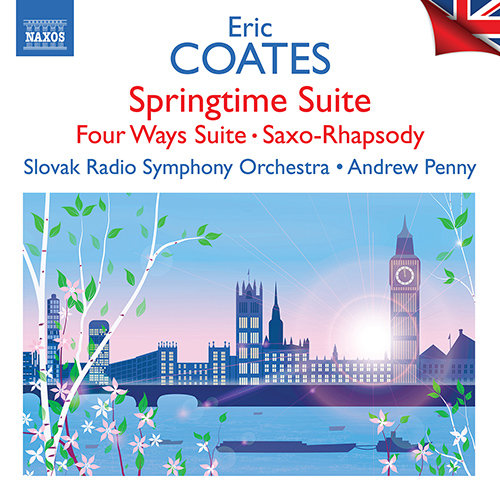
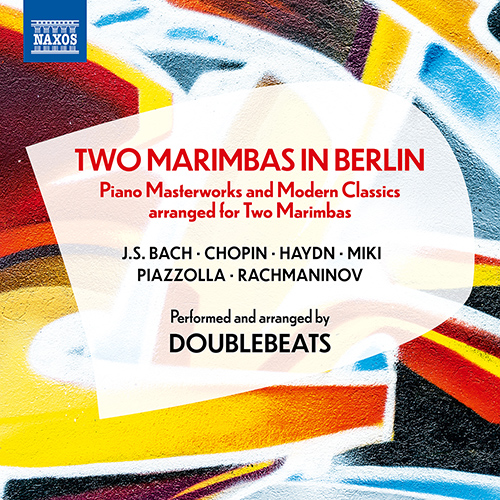
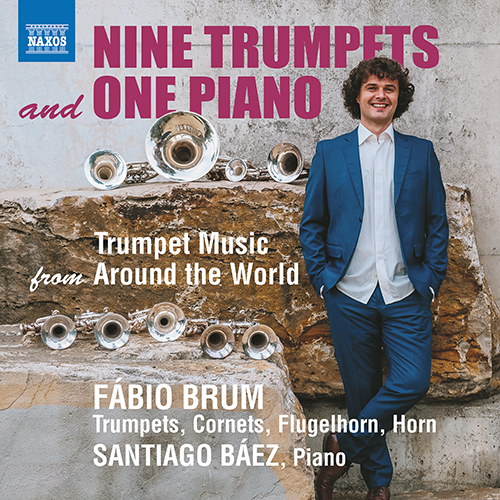
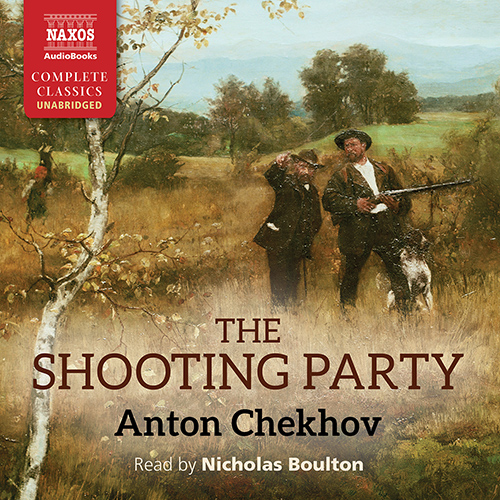
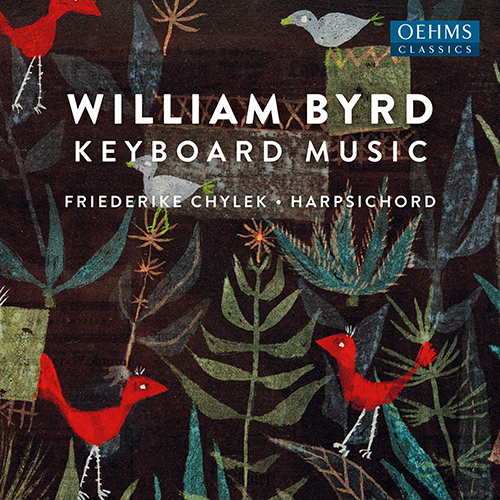
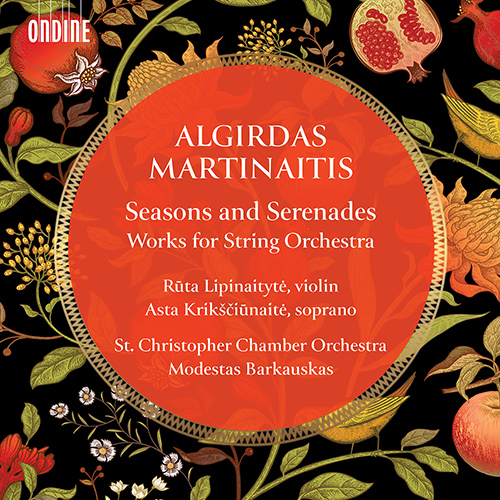
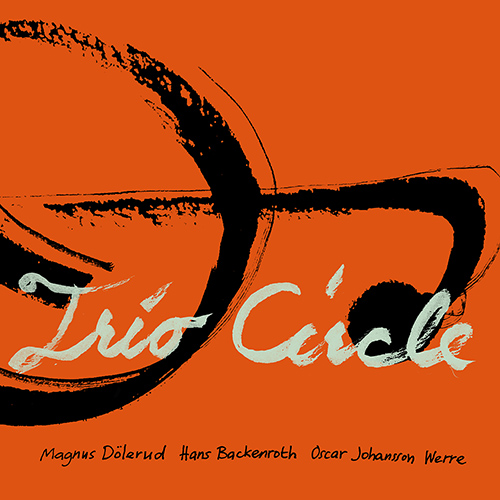
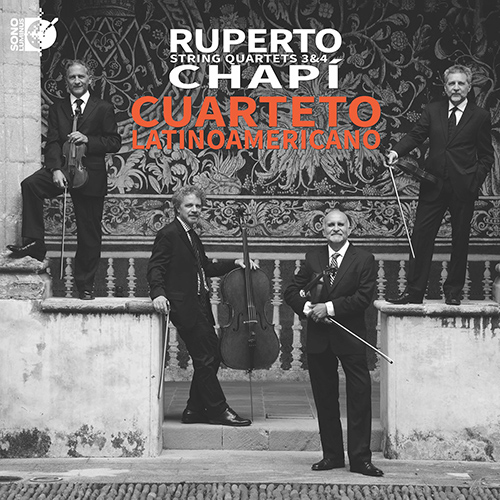
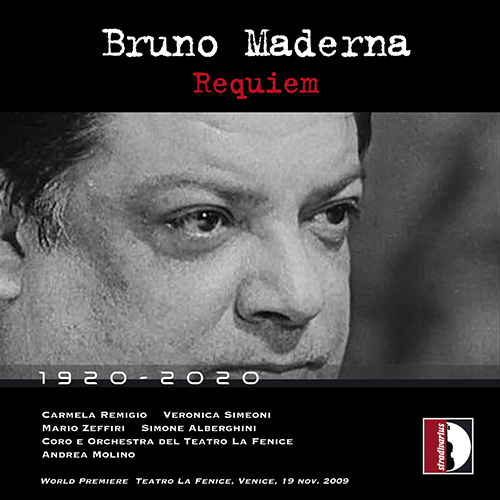
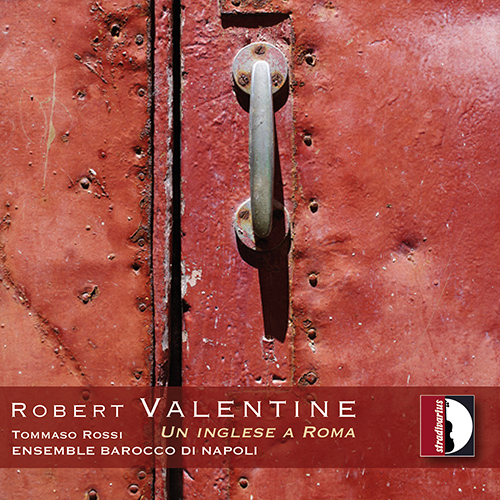
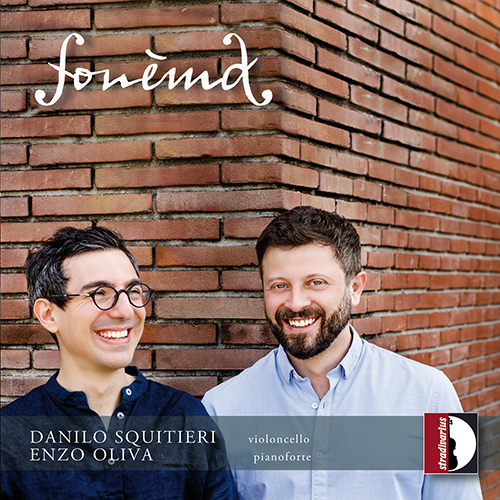
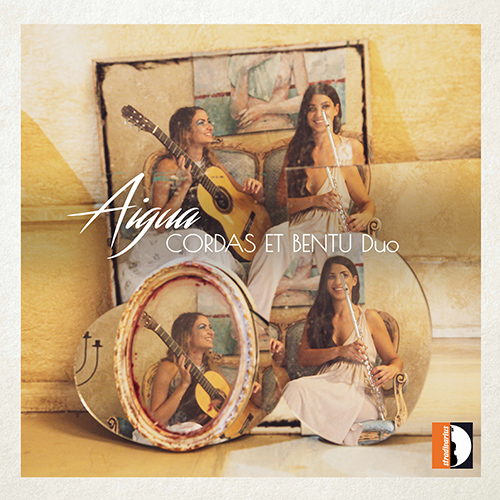
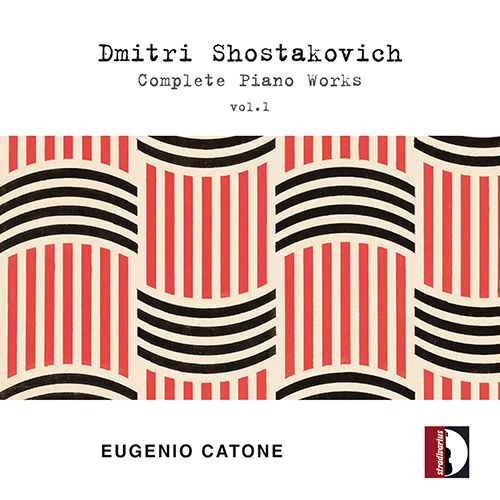
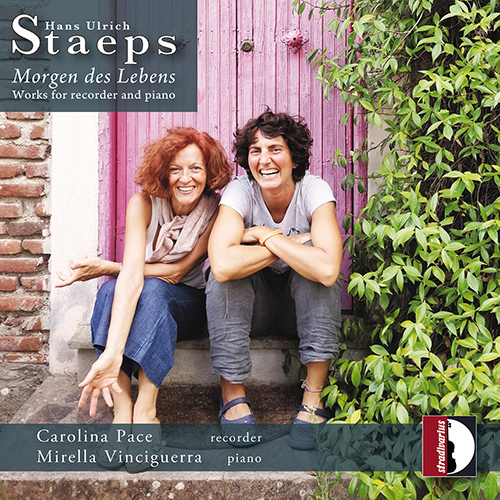
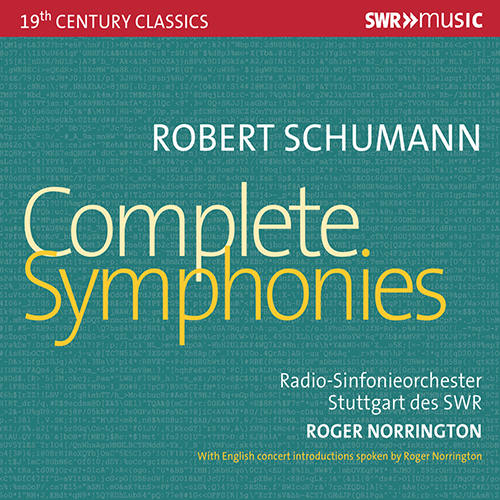

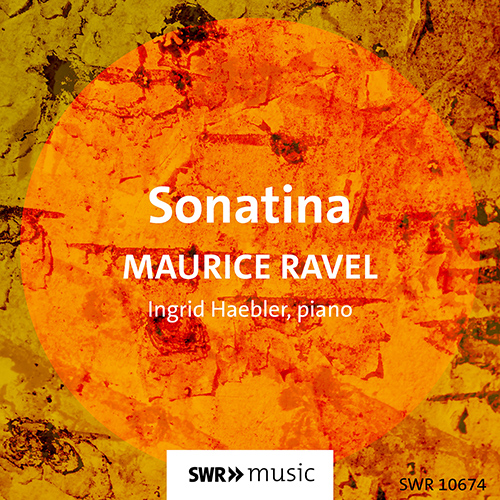
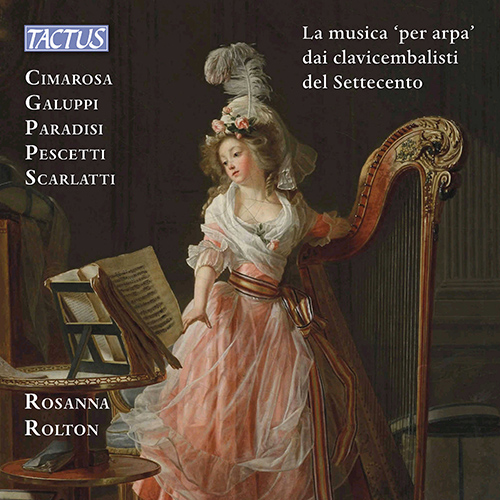
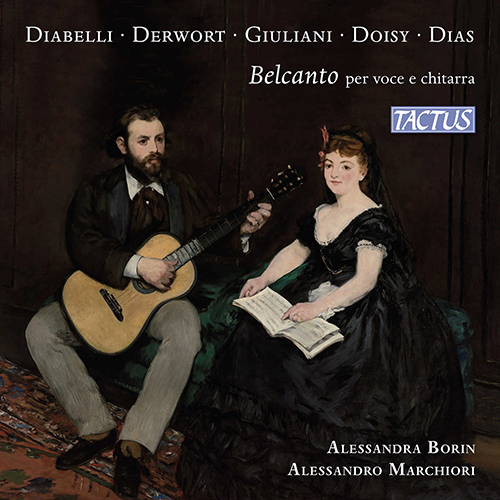
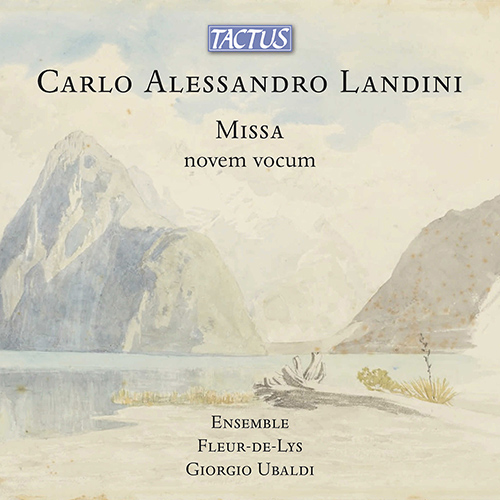
![ABRAHAMSEN, H.: The Snow Queen [Opera] (Sung in English) (Bavarian State Opera, 2019-2020) ABRAHAMSEN, H.: The Snow Queen [Opera] (Sung in English) (Bavarian State Opera, 2019-2020)](../../../sharedfiles/images/cds/hires/BSOREC1002.jpg)
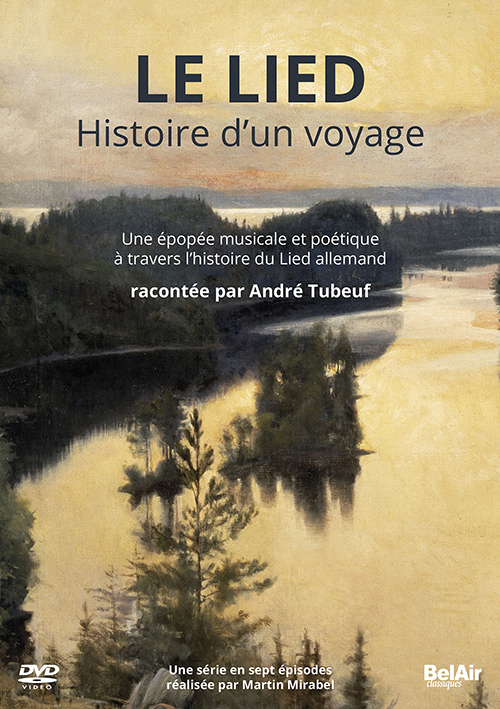
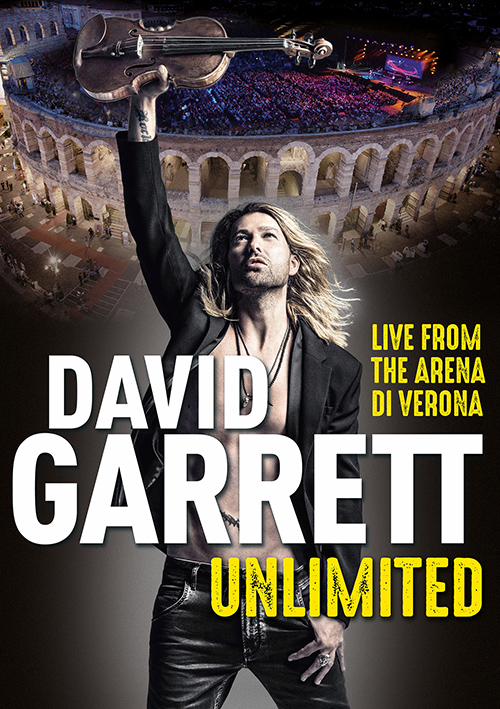
![Weber: Der Freischütz [Opera] (Vienna State Opera, 2018) [DVD] Weber: Der Freischütz [Opera] (Vienna State Opera, 2018) [DVD]](../../../SharedFiles/Images/cds/hires/760104.jpg)
![Weber: Der Freischütz [Opera] (Vienna State Opera, 2018) [BD] Weber: Der Freischütz [Opera] (Vienna State Opera, 2018) [BD]](../../../SharedFiles/Images/cds/hires/760008.jpg)
![VERDI, G.: Rigoletto [Opera] (Maggio Musicale Fiorentino, 2021) VERDI, G.: Rigoletto [Opera] (Maggio Musicale Fiorentino, 2021)](../../../sharedfiles/images/cds/hires/DYN-37921.jpg)
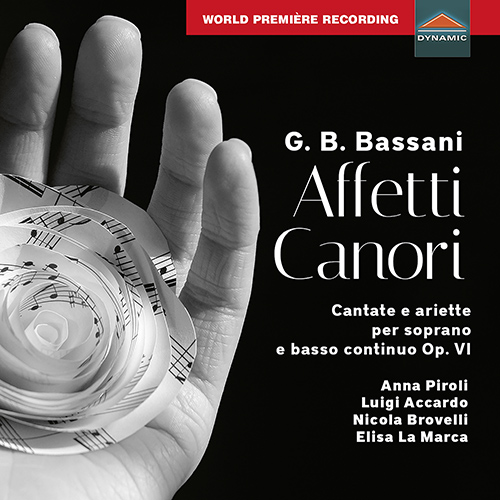
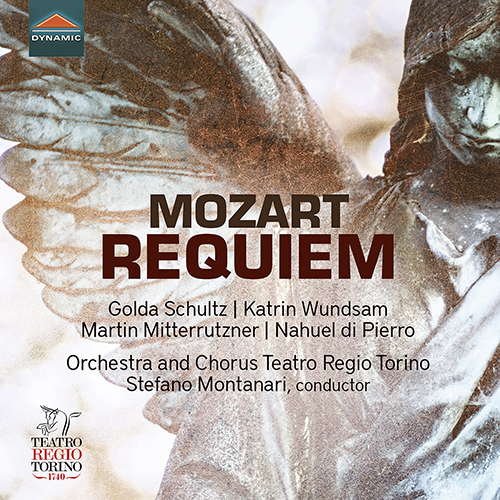
![BEETHOVEN, L. van: Fidelio [Opera] (Royal Opera House, 2020) BEETHOVEN, L. van: Fidelio [Opera] (Royal Opera House, 2020)](../../../sharedfiles/images/cds/hires/OA1334D.jpg)
![Baranowski: Kes Reimagined [Ballet] (Studio Production, 2019) [DVD] Baranowski: Kes Reimagined [Ballet] (Studio Production, 2019) [DVD]](../../../SharedFiles/Images/cds/hires/OA1345D.jpg)
![Baranowski: Kes Reimagined [Ballet] (Studio Production, 2019) [BD] Baranowski: Kes Reimagined [Ballet] (Studio Production, 2019) [BD]](../../../SharedFiles/Images/cds/hires/OABD7296D.jpg)
